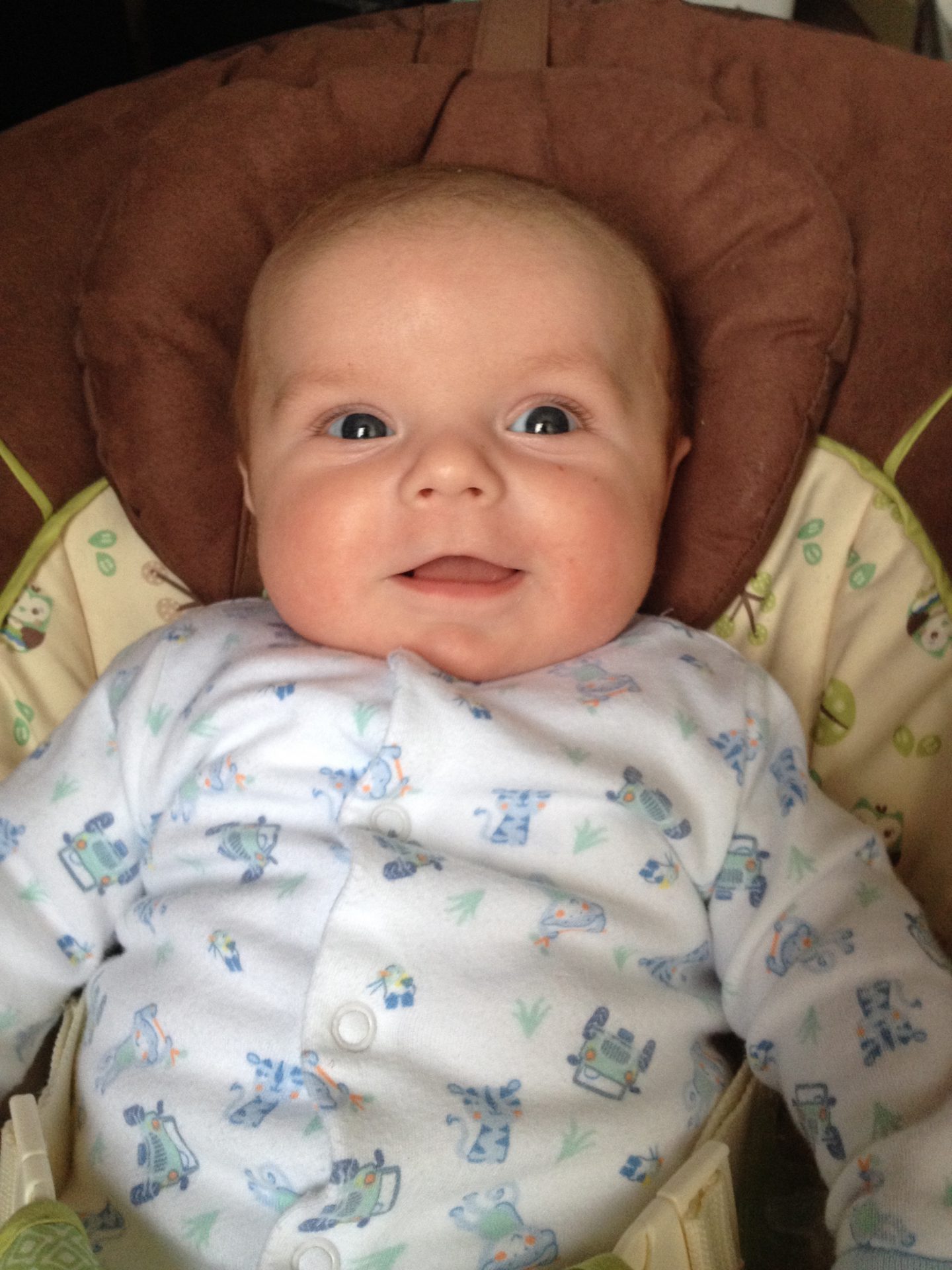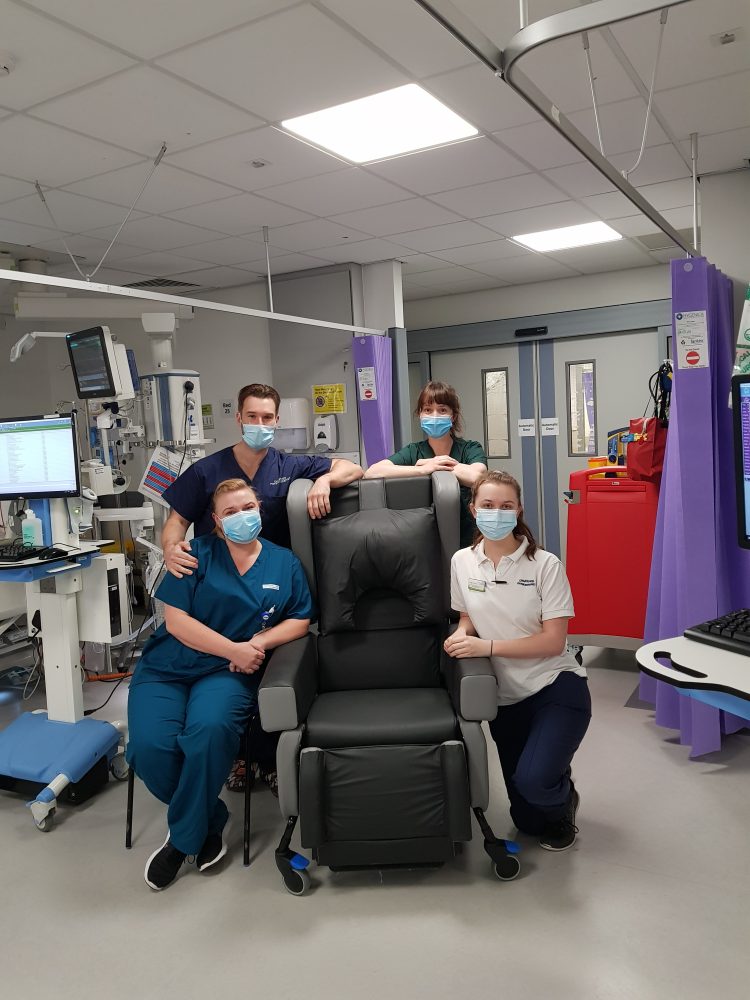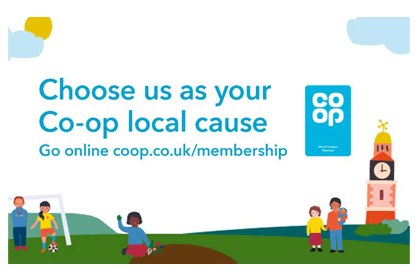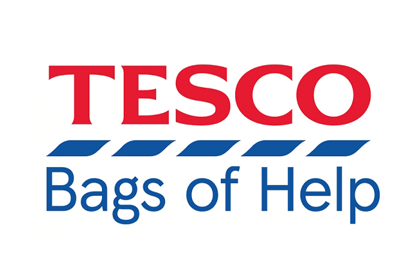
This year MedEquip4Kids is raising funds to provide a range of medical equipment needed at Tameside General Hospital to improve care in the neo natal and children’s units. The new equipment will make a real difference to staff and patients, giving young people a better experience of hospital treatment.
Children’s Unit: Cardiac monitor
A Carescape cardiac monitor will provide safe care for respiratory patients and those being treated by Child and Adolescent Mental Health Services (CAMHS). The monitor allows a patient to have continuous cardiac monitoring whilst they are on a medication infusion. They are mainly used on patients who have taken overdoses and have to have an infusion of medication to help protect their liver, as well as patients on continuous insulin infusions, or patients on lifesaving asthma medication. When the medication infusions are running, it is very important to monitor the child’s heart rhythm and be able to recognise any abnormal readings.
Children’s Unit: Airvo oxygen delivery machine
When children have respiratory distress – severe chest infection, asthma or bronchiolitis – they often require supplementary oxygen. The Airvo 2 Optiflow System features a humidifier which comfortably delivers high flows of air/oxygen mixtures, but is less intensive than other respiratory support systems. The Airvo 2 machine will help provide additional care to patients who require non-invasive ventilation. It will be particularly useful during the winter season.
Children’s Unit: Specialised cots
The cots used on the children’s unit are worn and need upgrading. This year new regulations for cots are being released, so it is expected that the new cots will be designed around childcare and handing and will make a positive difference to the safety and the comfort of the patient. They will be easy to use and maintain, helping to deliver the highest standard of hygiene, and will have special features to care for acutely ill children.
Children’s Unit: Blood pressure monitors
When children are admitted to hospital, a set of observations is carried out by a member of staff on each patient, and repeated regularly throughout their stay to pick up any underlying problems. These monitors help staff to quickly and accurately assess vital signs with minimal intrusion. Having more of these machines will help to improve the flow of patients through the department.
Neo Natal Unit: Apnoea monitors
Apnoea monitors are used when a baby is asleep. They alert the medical team to any changes in a baby’s breathing, so they can intervene. They allow a swift response to avoid oxygen deprivation. Respiration monitors for apnoea detection are used for babies in the neo natal unit at Tameside General Hospital to progress from intensive/high dependency care to special care. This gives the parents reassurance that their baby is doing well and is moving towards discharge home without any monitoring.
Community Team: Pulse oximeters
The Tameside and Glossop Children’s Community Team supports the neo natal unit by enabling babies to be discharged home on oxygen where required and reducing acute hospital admissions by giving support and advice to families at home. A handheld oxygen saturation monitor (pulse oximeter) is needed for each baby. These babies remain under the care of a consultant with a clear weaning plan for their oxygen. There has been an increased number of babies discharged with oxygen, highlighting the need for more monitors in order to manage them safely at home.
If you can help us to fund any of this equipment at Tameside General Hospital, please donate here.
Thank you












